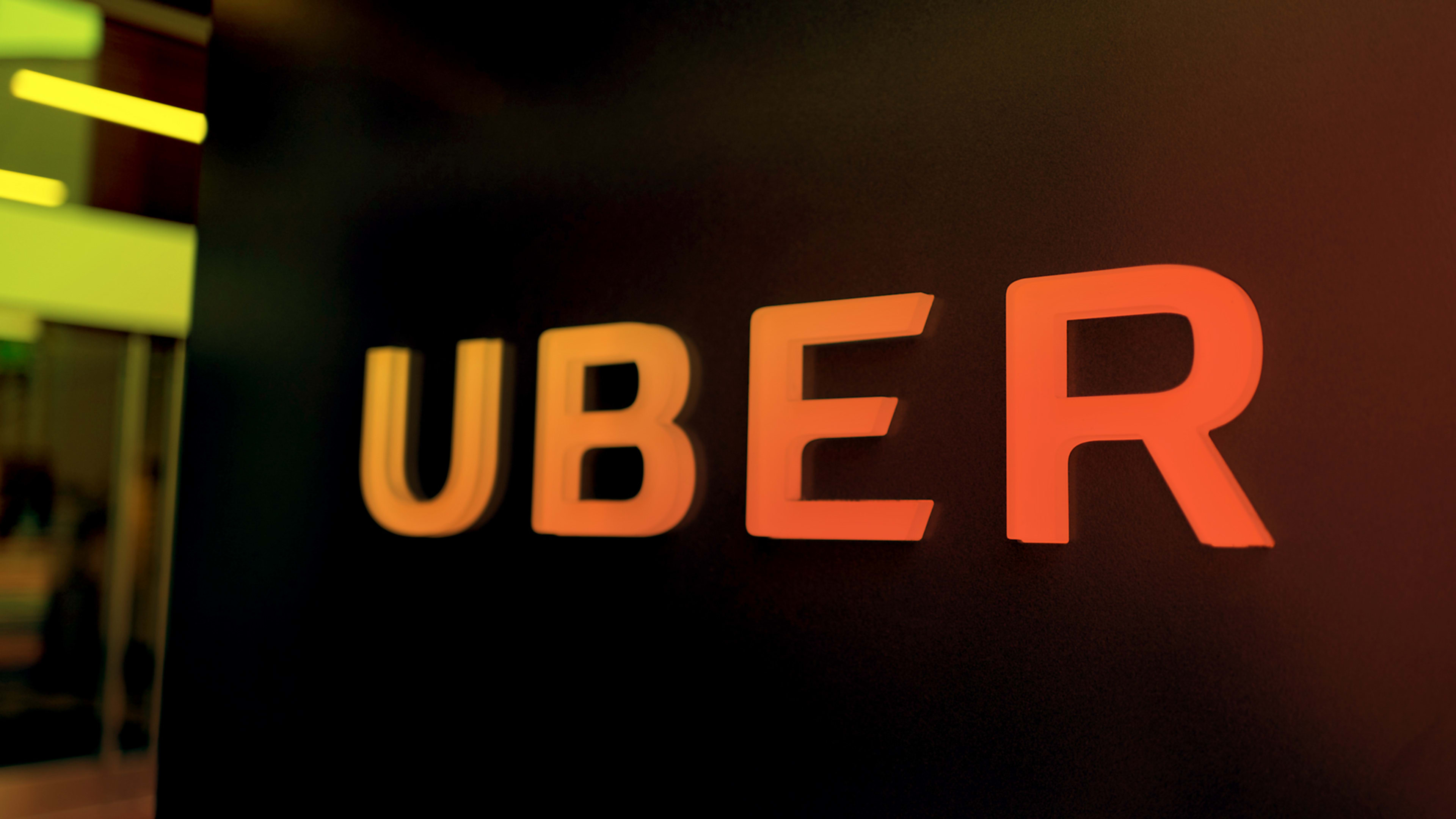Two women are suing Uber for allegedly misrepresenting the safety of its platform. In the suit, filed today in U.S. District Court in Northern California, Jane Doe 1 and Jane Doe 2 describe being raped by Uber drivers. The proposed class-action also lists a number of stories about other women accosted by Uber drivers, some of whom shared these details via Twitter under the hashtag #metoo, which is designed to allow women to voice their stories of sexual assault and harassment.
In addition to seeking unspecified punitive damages, the plaintiffs are hoping to force Uber to change the way it conducts background checks.
Uber has historically deflected responsibility for victims who have been raped or sexually assaulted by drivers. As the lawsuit notes, “since a driver may be technically ‘off app’ in these situations, Uber disclaims all responsibility for a driver’s conduct.”
The company has repeatedly refused to run more robust background checks through fingerprinting, which checks against the FBI’s criminal records database. According to the suit, the company through which Uber runs background checks is more cursory and only goes back seven years into an applicant’s history.
An Uber spokesperson said the company received the complaint today and is currently reviewing it. “These allegations are important to us and we take them very seriously,” the company said.
States have tried to force Uber’s hand on the issue to no avail. After agreeing to let Massachusetts handle background checks on drivers, the state found that more than 10% of Uber and Lyft drivers did not make the cut. The state then decided to amend its background checks to include more applicants, but still refused to pass applicants with a history sexual assault, violent crime, or concerning driving records. Maryland, too, has conducted background checks on behalf Uber and Lyft and found that not all drivers pass its standards.
Jane Does 1 and 2 are seeking an injunction that would direct Uber to implement a number of changes, including a stricter screening process and a policy that subjects existing drivers to immediate conduct reviews. The injunction would also force Uber to monitor driver conduct, centralize methods to quickly notify Uber when a driver has gone off the app during a ride, and create a comprehensive insurance policy.
The implementation of such policies would pose a problem for Uber, which maintains that it is merely a platform for independent contractors, not an employer. The more the company takes responsibility for the workers who drive for Uber, the more it looks like an employer skirting the law.
Recognize your brand’s excellence by applying to this year’s Brands That Matter Awards before the early-rate deadline, May 3.
